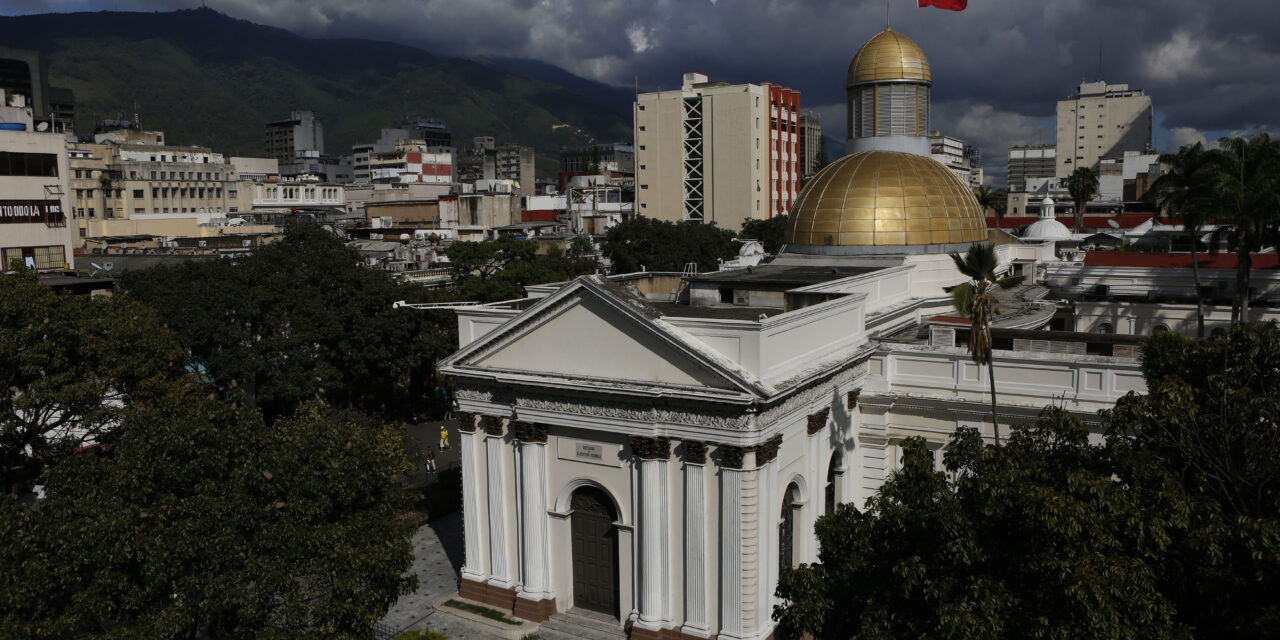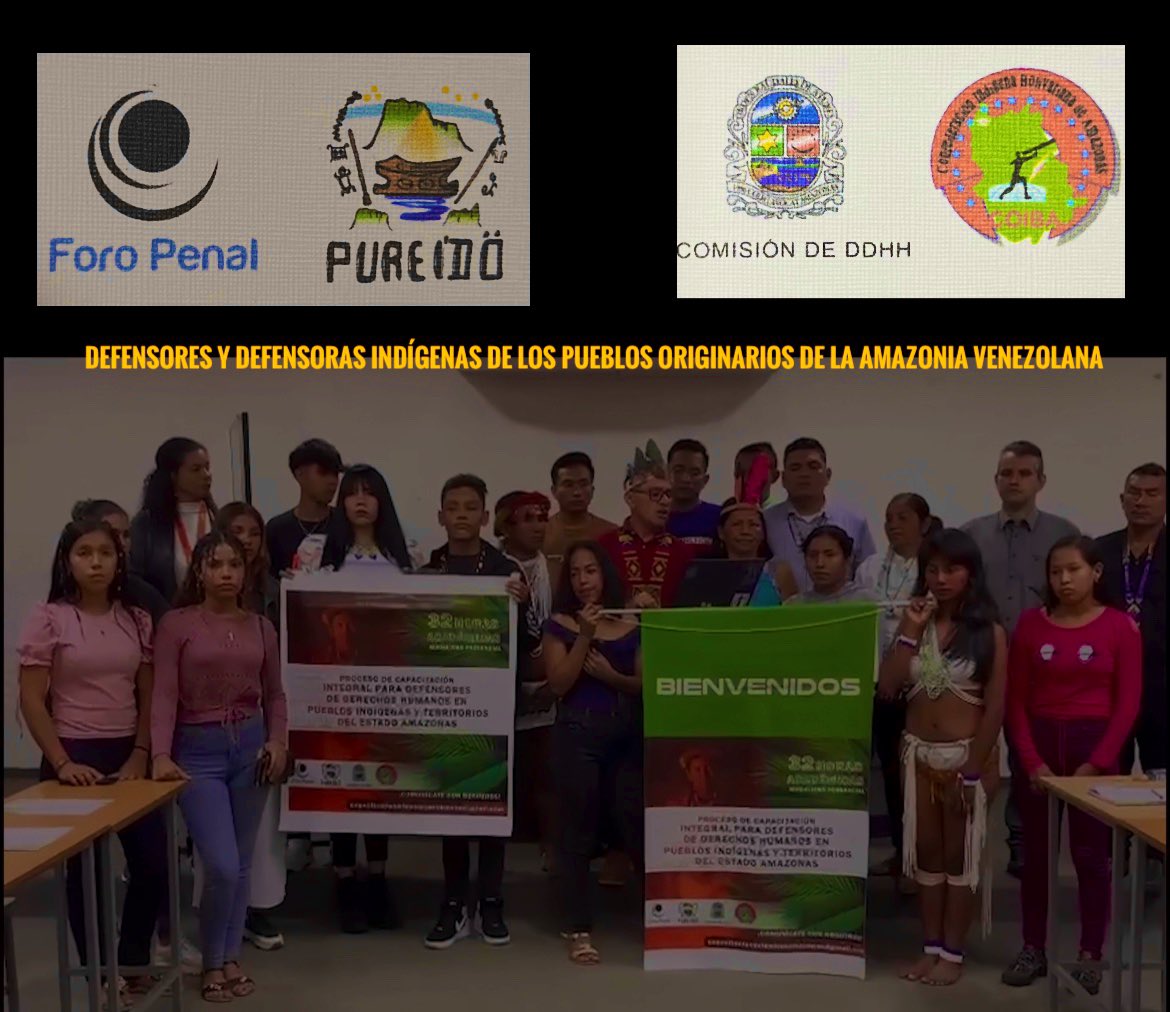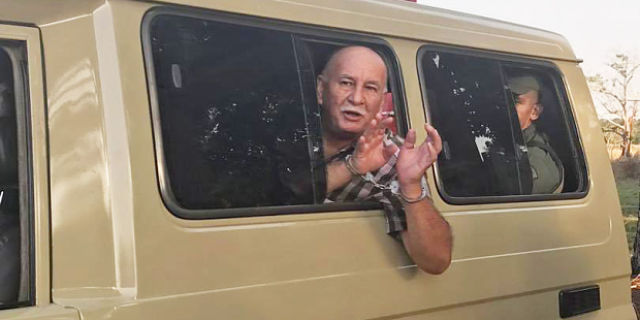The oil-rich state is experiencing its worst moment, with a permanent crisis for the supply of water, electricity, domestic gas, fuel, and food. Access to information also affects people in Zulia; 44 percent of them must add to their daily problems the obstacles to get the news comfortably and under a plural environment.
The 2019 report of the Zulia State Commission for Human Rights (Codhez), a local NGO created in 2014, highlights the precariousness of living conditions in the state: the crisis in the provision of public services in Zulia has become chronic, especially in the case of electricity and drinking water. “During the year, there were multiple general blackouts, the first national blackout on March 7 being the longest of all, which kept the region without electricity for 101 hours on average.”
However, Zulia suffers from more than deficient public services and food problems. The report also mentions that “the deterioration of living conditions in Zulia unfolded in a context of press censorship, implemented through a manifest policy of intimidation and persecution against some journalists, raids, and media outlets closures”.
For this reason, almost half the population of Zulia (44.32%) live in a “moderate to total desert” regarding access information. Specifically, 23.03 percent of the state population lives in a moderate desert and 21.29 percent in a total news desert.
According to demographic estimates for 2020 from the National Institute of Statistics (INE) based on the 2011 census, Zulia has 4,366,634 inhabitants. 14 media outlets were reported to operate in the state: ten digital media outlets, two radio stations, and two television stations. The data provided also indicates that 13 of these media outlets are privately owned, and only one belongs to the public network. As in many other areas of the country, print media is non-existent due to newsprint shortages.
Out of 21 counties that make up the state, seven are total news deserts, and ten are “moderate deserts.” No information was available for Valmore Rodríguez county (Bachaquero).
For the moment, the big cities in the state do not have to add access to information to the chronic problems of water, gas, electricity, and food supply. Maracaibo, the capital city where 40.67 percent of the total state population resides (1,776,686), is an example of this: respondents reported seven media outlets (not desert). The outlets referred to in this city were a television station (Niños Cantores Televisión, Channel 11), several news sites (Noticia al día, VPI TV, Portal de Noticias, and El Pitazo), the online version of the Panorama newspaper, and a radio station (Radio Fe y Alegría 850 AM).
Translated by: José Rafael Medina




